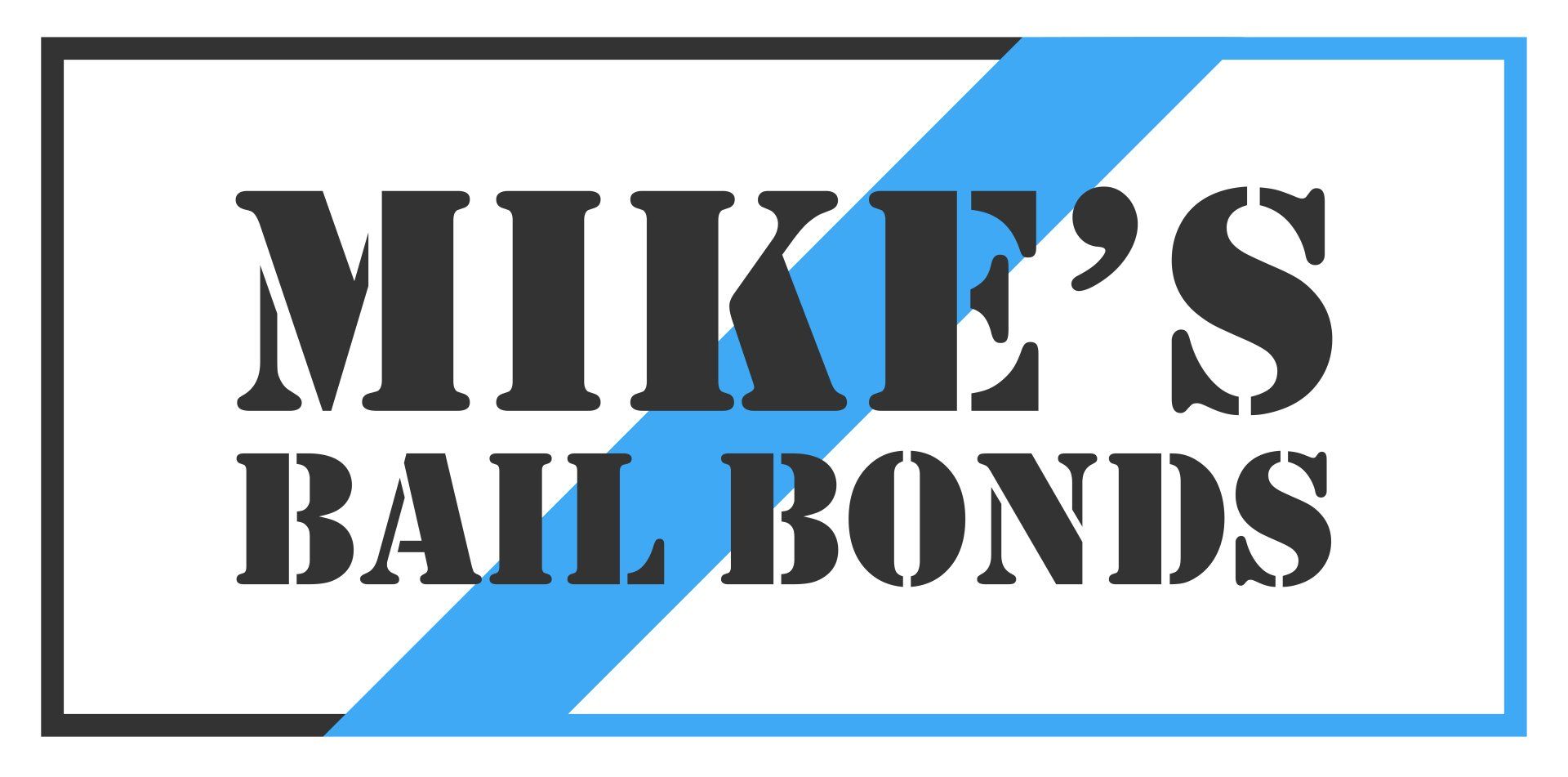bail bond limits
Contact Us Today
For more information or to contact us now, call us at (860) 855-6453 or click the button below to contact us online.
Bail Bond Services That Have No Limits
Middletown's Trusted Bail Bond Service
Although we like to think that our bail bonds process is pretty straightforward, there are always complications that vary from case to case within the legal system. In some instances, the judge may decide not to set bail at all, in which case there is very little that a professional bail bonds service can do to help. If your loved one has been denied bail, it is likely a stressful and emotional time for you, and our team is here to assist you to better understand the situation.
Reasons for Bail To Be Denied
Judges will typically assign bail for most crimes, especially minor crimes, as outlined in a bail schedule. The reasons for bail denial can vary, but usually have to do with the severity of the crime or the accused’s criminal history. The defendant may be denied bail if they have:
These are all common reasons for a judge to deny bail, but again, every situation is different and you can’t make any assumptions about whether or not your loved one will be granted bail. No matter the situation, our team can help answer your questions.
Rely On Mike’s Bail Bonds, Day or Night
Whatever type of bail bonds status- or lack of one- you have been faced with, the professionals at Mike’s Bail Bonds are here to help. We may not be able to change whether or not your loved one is granted bail, but we can definitely answer any questions you may have and provide you with reliable, expert information 24/7. Call us to learn more about the different types of bail bonds we service, how the bail process works, or any other bail bond-related information.
For more information on bail bond limits or to contact us now, call us at (860) 855-6453 or visit our contact page.
